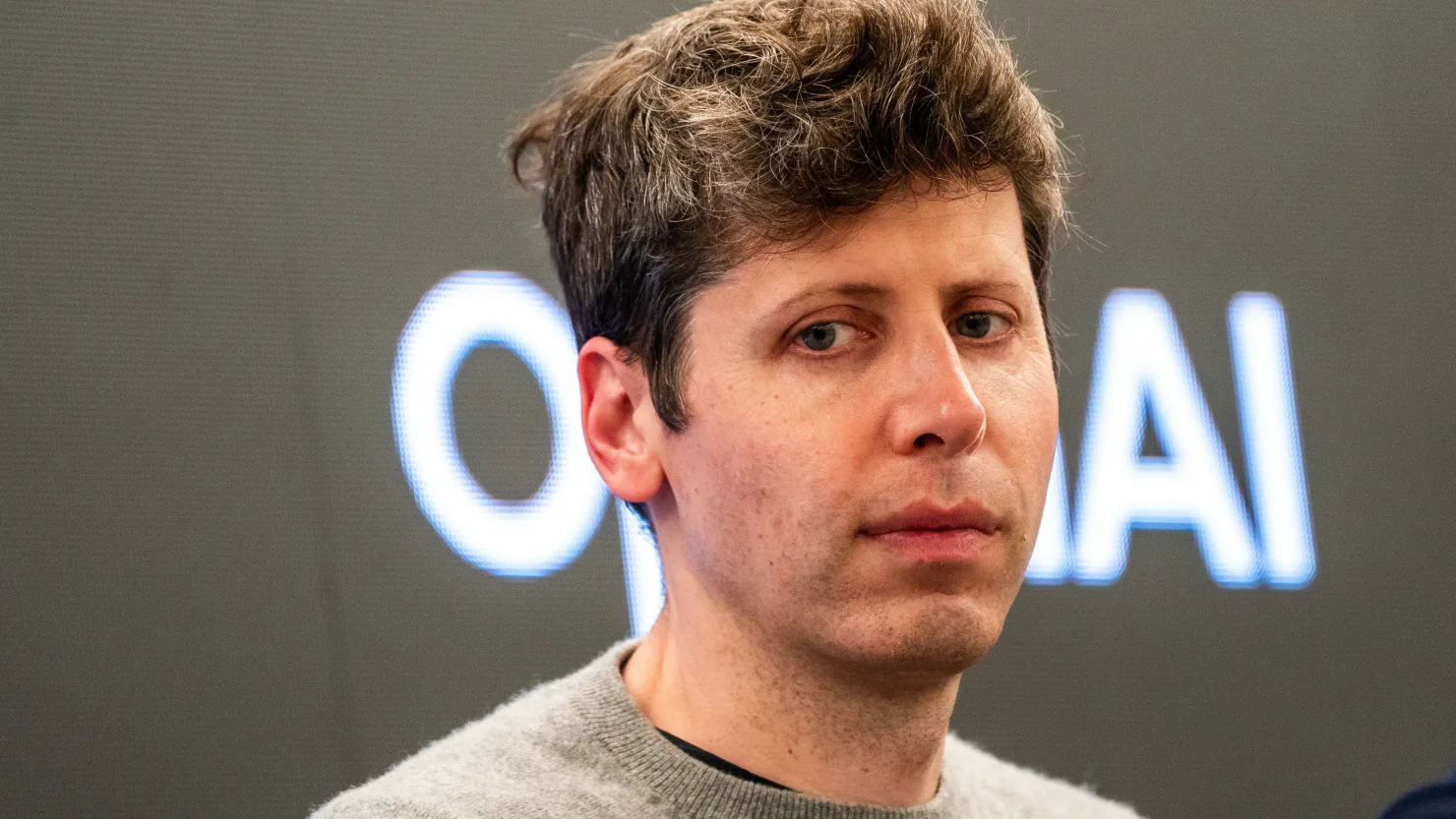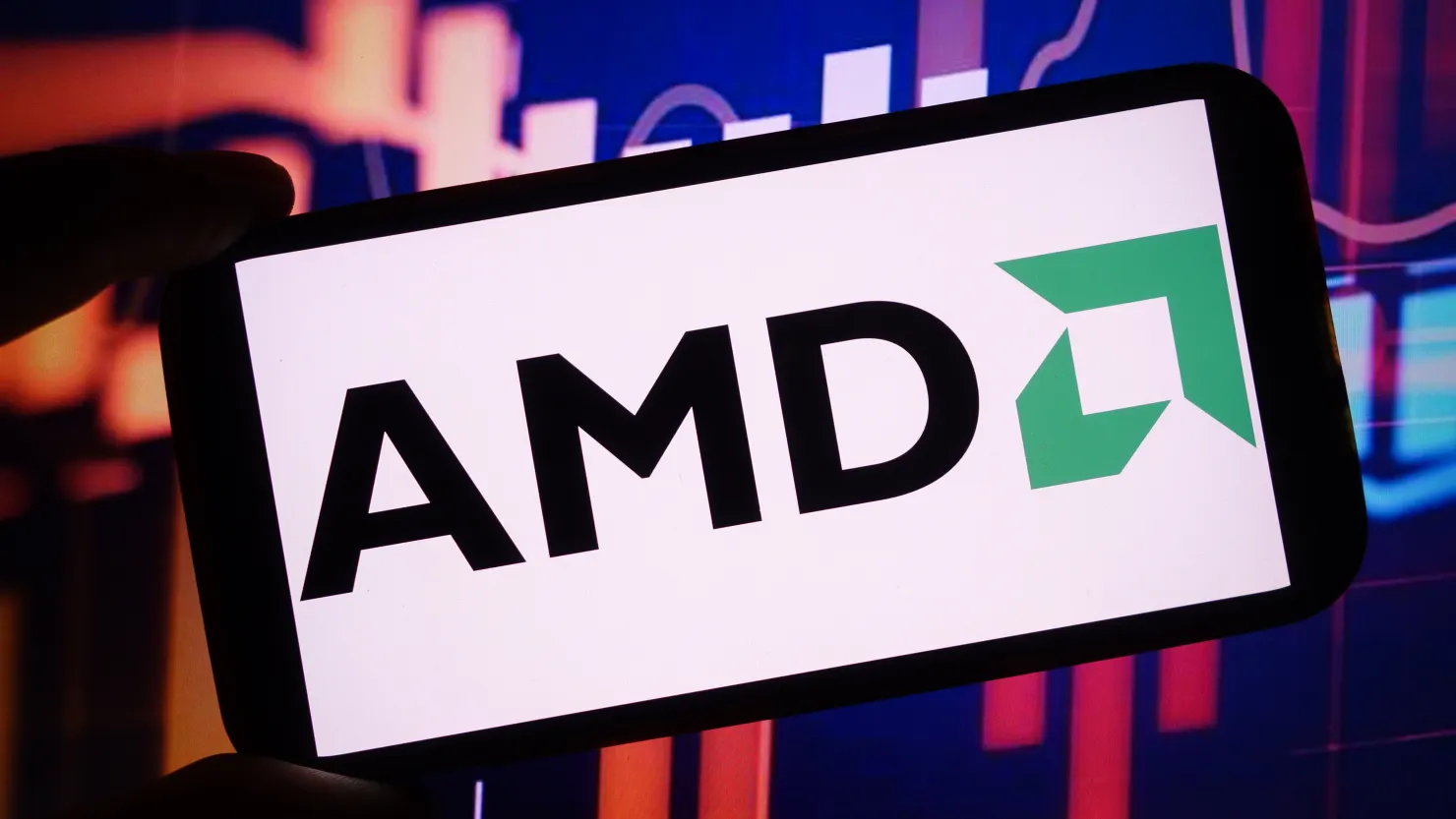A new study published in the American Journal of Psychiatry reveals a notable shift in how American adults are managing mental health conditions, NPR reports.
Between 2018 and 2021, more individuals sought talk therapy, while the use of psychiatric medications without accompanying therapy declined for the first time in decades.
Led by Dr. Mark Olfson, a psychiatrist and epidemiologist at Columbia University, the study found that the percentage of adults receiving psychotherapy increased from 6.5% in 2018 to 8.5% in 2021. This represents a rise from approximately 16.5 million to nearly 22 million people engaging in talk therapy.
“This increase reflects a period during which psychotherapy is assuming a more central role in outpatient mental health care,” Dr. Olfson stated.
This trend reverses a long-standing pattern dating back to the late 1980s, when the advent of antidepressants like Prozac and other SSRIs led to growing reliance on medication-based treatment.
Among adults receiving outpatient mental health services, those using only medication dropped from 67.6% in 2018 to 62.1% in 2021. At the same time, use of therapy alone — without medication — rose, especially among individuals managing conditions such as depression, anxiety, and trauma-related disorders. The study also noted an increase in the number of therapy sessions completed, suggesting stronger engagement and retention in treatment.
Several factors have contributed to these changes. One key element is the expansion of telehealth services, which gained momentum during the COVID-19 pandemic. Teletherapy made mental health support more accessible, especially for those in underserved or remote areas.
“I think telehealth did increase access for people who might not have had any access to a therapist in their particular location or times,” said Dr. Jessi Gold, chief wellness officer at the University of Tennessee System.
She also emphasized that broader public awareness of mental health and therapy has likely reduced stigma and helped people better understand what to expect from counseling.
Another significant development has been the diversification of therapy providers. While psychiatrists and psychologists traditionally dominated the field, licensed counselors and social workers are now playing a larger role, expanding the system’s capacity to meet growing demand.
Despite these gains, disparities remain. The study found that individuals most likely to access talk therapy tended to be wealthier, better educated, privately insured, and living in urban areas.
“Those are the people who are benefiting most,” Olfson noted.
He underscored the ongoing need to improve access for lower-income and underserved populations.
According to the National Institute of Mental Health, only about half of US adults with a mental illness received treatment in the past year. Researchers hope the study’s findings will inform efforts to close that gap and make talk therapy more accessible across socioeconomic lines.










The latest news in your social feeds
Subscribe to our social media platforms to stay tuned